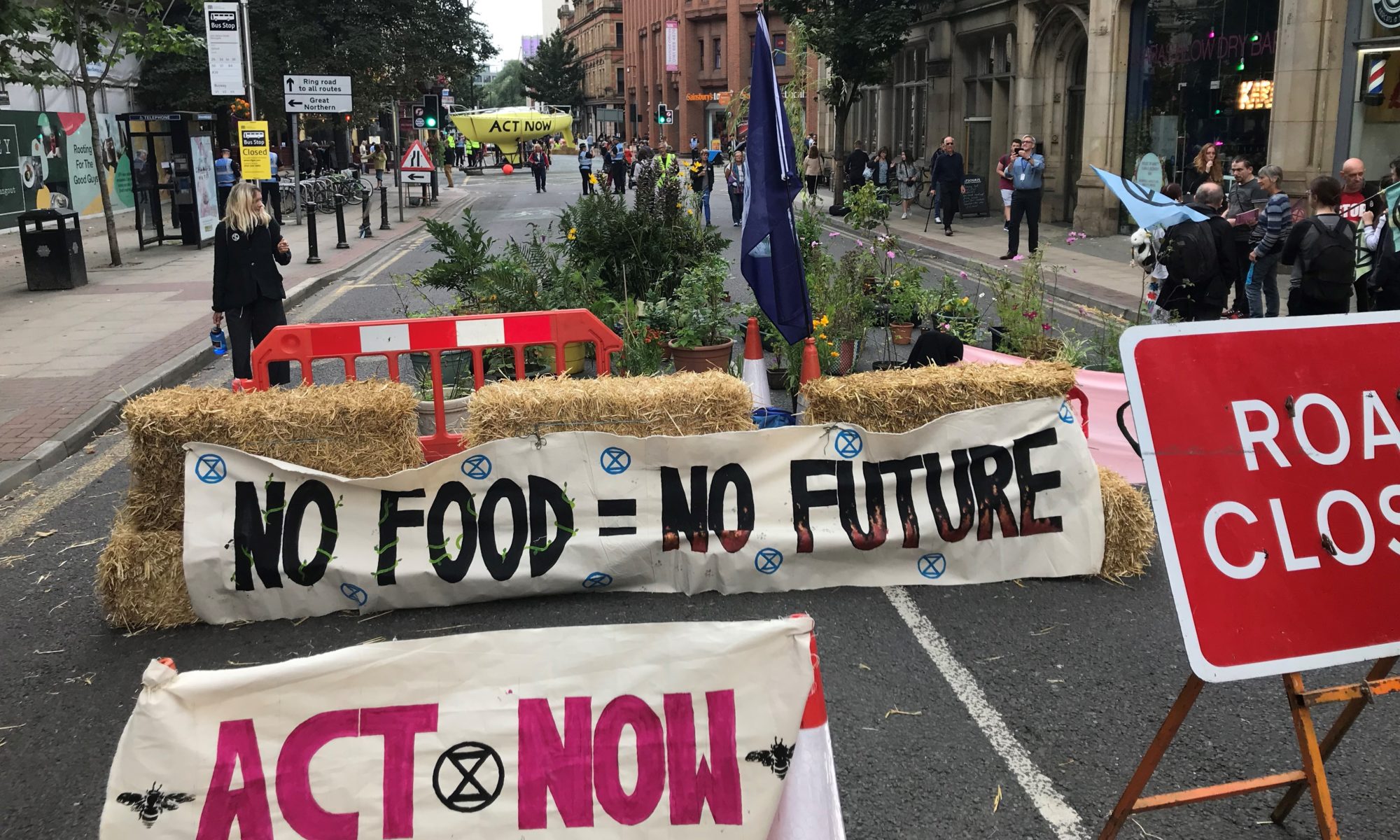On 8 July 2019, Manchester City Council declared a Climate Emergency and as a result a new committee has been tasked with scrutinising progress to the city’s carbon-zero 2038 target. Here’s what I learnt from attending the first meeting.
1. The new Climate Emergency Scrutiny committee means business.
It seemed clear that this group of seven councillors, chaired by Annette Wright, (Hulme councilor and co-author of the Climate Emergency motion) – seem genuinely set on examining and overhauling everything the council does to bring it in line with the emergency declaration. ‘We want to understand where we are now, where we need to get to, what we need to do to get there, how we’re doing along the way,’ said Wright {paraphrased}.
2. The current Climate Action Plan is not fit for purpose
The meeting spent almost two hours forensically going through each of the 20 points in the existing Manchester Climate Action Plan, thus exposing its inadequacy.
Currently – it’s an eclectic mix of actions, some specific and with carbon reductions attached (‘LED street lights = 8,000+ tonnes of Co2 saved’), some huge and broad (‘meeting our 2050 carbon-zero target’) and some vague with no clear outputs attached (‘participate in the Core Cities Adaptation project’), some covered by multiple points and possible double counting (eg emissions from council buildings covered by four separate points).

As Wright testily made the point again and again, the plan doesn’t contain a breakdown of segment targets, or how each of the 20 actions relate to the cuts we need to make – so there is no sense of where Manchester is on its journey to a carbon-zero future.
For instance – if transport accounts for 31% of Co2 in Manchester, what are the year by year reductions required, how will we make them, what progress are we making and who is accountable for reaching them?
It seemed surprising that after claiming to be a leader in this for so long (2009), this document is what underpins the city council’s climate action; let’s hope what comes next (to begin March 2020) is far better.
3. There are no council employees working full-time exclusively on the climate emergency.






